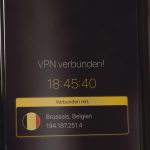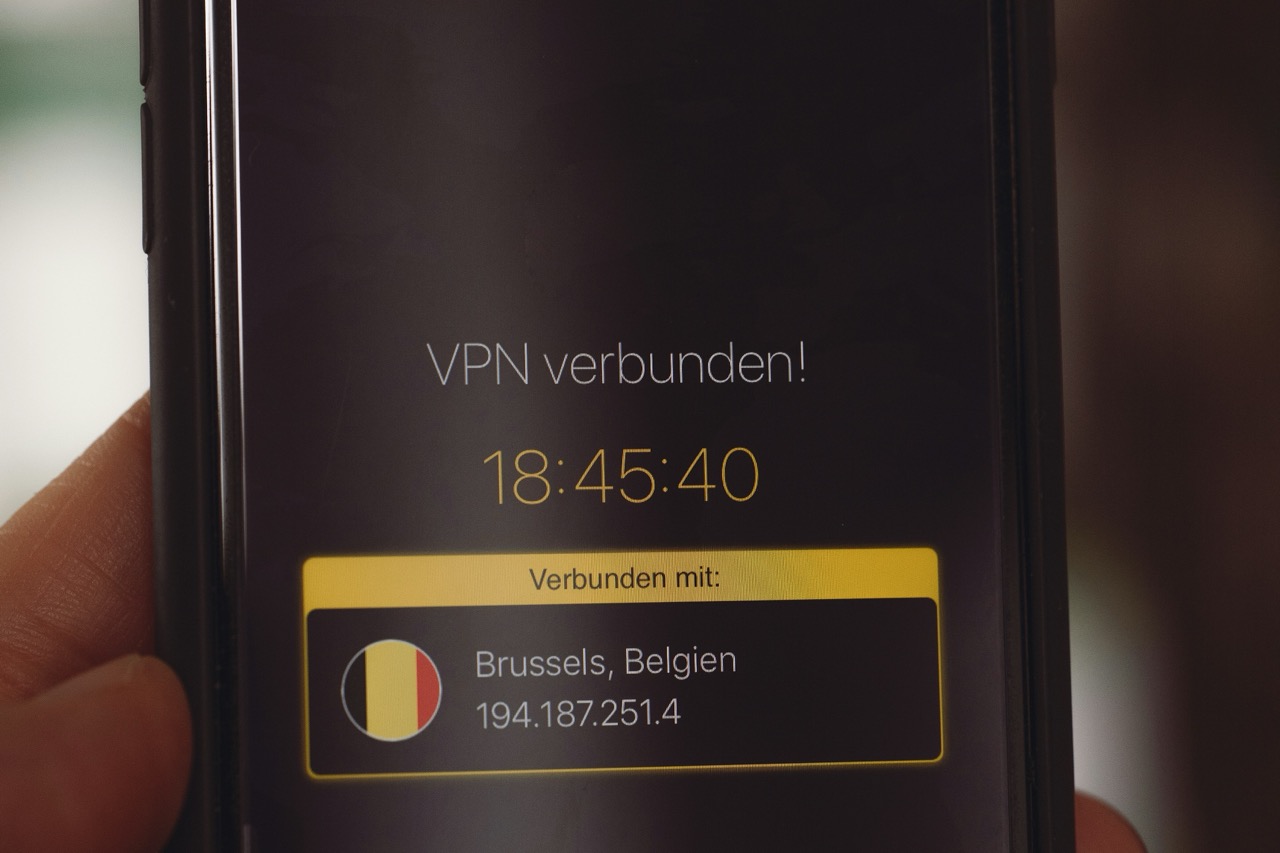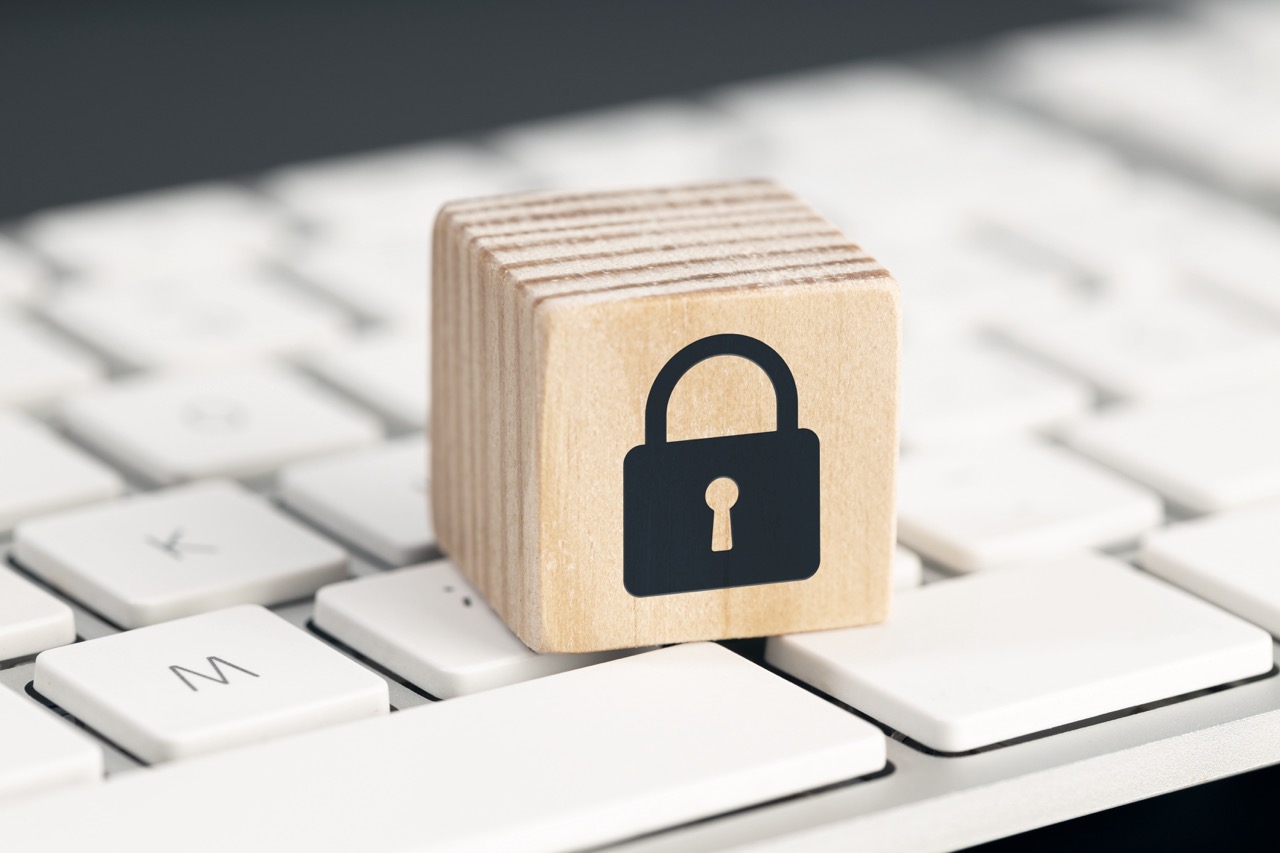In an increasingly digital world, online banking has become a cornerstone of personal finance management. While the convenience of managing your bank account from the comfort of your home is undeniable, it also raises significant concerns about security and privacy. This article delves into the critical reasons why using a Virtual Private Network (VPN) for online banking is not just a recommendation, but a necessity for ensuring robust security of your financial data.
Understanding the Importance of Online Banking Security
Online banking has revolutionized how individuals manage their financial transactions, allowing for ease and accessibility. However, with this convenience comes the responsibility of protecting sensitive data from various cyber threats. Identity theft, phishing scams, and data breaches are rampant in today’s digital landscape, making it imperative for users to understand the vulnerabilities associated with online banking. Hackers are constantly developing new tactics to exploit weaknesses, which necessitates proactive security measures.
An integral part of safeguarding online banking activities is recognizing the importance of secure connections. Many users may underestimate the risks involved in accessing their banking information from different networks, particularly public Wi-Fi. With each transaction, personal data, including account numbers and passwords, is transmitted, creating potential entry points for malicious actors. A comprehensive security strategy must incorporate more than just a strong password; it requires a multi-layered approach to protect sensitive financial information.
Using a VPN is a vital component of this strategy. By establishing a secure, encrypted connection between the user’s device and the internet, VPNs significantly reduce the risk of unauthorized access to sensitive information. This ensures that online banking activities remain confidential and secure, allowing users to conduct transactions without the constant fear of being compromised. In essence, the importance of online banking security cannot be overstated, and utilizing a VPN is a proactive measure to mitigate risks.
How VPNs Enhance Your Data Protection During Transactions
VPNs, or Virtual Private Networks, create a secure tunnel for your internet traffic, which is essential for privacy and security during online banking transactions. By rerouting your internet connection through a VPN server, your real IP address is masked, making it virtually impossible for hackers and cybercriminals to pinpoint your actual location. This anonymity is crucial when handling sensitive financial information, as it helps to obfuscate your online presence.
Moreover, a VPN encrypts your data, transforming it into unreadable code that prevents unauthorized users from accessing your sensitive financial information. This encryption is particularly beneficial during online banking transactions where you may need to input personal details such as your Social Security number, bank account information, or credit card details. Even if a hacker manages to intercept your data, the encryption ensures that it remains unreadable, providing an additional layer of defense against potential breaches.
Furthermore, using a VPN not only enhances security during transactions but also creates a more reliable experience overall. With the ability to connect to servers in different locations, users can access their banking information without geographical restrictions, ensuring that their financial management remains uninterrupted. In summary, VPNs play a vital role in enhancing data protection during online banking, making them an indispensable tool for secure transactions.
The Risks of Using Public Wi-Fi for Banking Activities
Public Wi-Fi networks are notorious for their lack of security measures, making them prime targets for cybercriminals. While these networks offer convenience, particularly for users on the go, they pose substantial risks when it comes to conducting banking activities. Without proper encryption, data transmitted over public Wi-Fi can easily be intercepted by hackers, leading to unauthorized access to sensitive financial information.
In addition to interception, public Wi-Fi networks are often susceptible to man-in-the-middle attacks. In this scenario, a malicious actor might set up a fraudulent network that mimics a legitimate public Wi-Fi connection. Unsuspecting users may unknowingly connect to this network, allowing the attacker to monitor all online activities, including banking transactions. This highlights the need for caution when using public networks, as the risks far outweigh the convenience they provide.
To mitigate these risks, users should avoid accessing online banking services over public Wi-Fi altogether. If it is necessary to use public networks, employing a VPN is essential. The VPN’s encryption capabilities add a layer of security that makes it significantly harder for attackers to intercept or manipulate data. By understanding the risks associated with public Wi-Fi and utilizing a VPN, users can ensure a safer online banking experience.
Encrypting Your Connection: VPNs and Data Confidentiality
The encryption provided by VPNs is one of their primary security features, transforming plain text data into a format that is unreadable to anyone without the appropriate decryption key. When banking online, this means that your sensitive information is protected during transmission. Whether you are logging into your bank account, transferring funds, or making purchases, a VPN ensures that your data remains confidential.
Encryption works by using complex algorithms to scramble your data as it travels through the internet. This ensures that even if a hacker intercepts your data, they will be unable to comprehend or utilize it. For users engaging in online banking, this level of security is paramount. Financial institutions recognize the importance of encryption and typically employ their own security measures; however, adding an extra layer of encryption through a VPN provides peace of mind in knowing that you are taking every possible precaution to protect your financial information.
Moreover, many reputable VPNs offer additional security features, such as kill switches and DNS leak protection, which further enhance data confidentiality. A kill switch ensures that your internet connection is severed if the VPN fails, preventing any data from leaking out during unprotected periods. DNS leak protection ensures that your DNS requests are routed through the VPN, preventing your internet service provider (ISP) from tracking your online activities. Together, these features fortify the confidentiality of your online banking transactions, making VPNs an essential tool for financial security.
Avoiding ISP Throttling: Benefits for Online Banking Users
Internet Service Providers (ISPs) often manage bandwidth usage by throttling speeds for certain activities, including online banking. This can lead to frustrating delays during critical transactions, impacting the overall user experience. By using a VPN, users can bypass these throttling measures, ensuring that their online banking activities are conducted at optimal speeds.
When you connect to a VPN, the ISP cannot identify the type of traffic you are generating. This anonymity prevents them from selectively throttling your connection based on your activities. As a result, your online banking transactions can occur without interruptions, allowing for a seamless experience when managing your finances. This is especially beneficial during high-stakes transactions, where speed and reliability are paramount.
Additionally, avoiding ISP throttling can enhance security during online banking. Some ISPs may monitor user activities and could potentially flag suspicious behavior, leading to unnecessary complications or alerts with your bank. By masking your online activity with a VPN, you can reduce the likelihood of triggering such alerts, allowing you to conduct your banking activities with greater peace of mind. Ultimately, using a VPN not only enhances the speed of online banking transactions but also contributes to a more secure and efficient banking experience.
Selecting the Right VPN for Secure Financial Operations
Choosing the right VPN for online banking is crucial to ensuring robust security and optimal performance. First and foremost, users should look for VPNs that offer strong encryption standards, such as AES-256, which is commonly recognized as one of the most secure encryption methods available. This level of encryption is vital for protecting sensitive financial information while in transit.
Another essential feature to consider is the VPN’s no-logs policy. A reputable VPN should not keep any records of your online activities. This is particularly important for online banking, as you want your financial transactions to remain private and not stored by a third party. Always conduct thorough research on a VPN’s privacy policies to ensure that your data is not being logged or shared with third parties.
Additionally, users should evaluate the overall performance of the VPN, including server locations and connection speeds. A VPN should have a wide range of servers to choose from, allowing you to connect to locations that enhance your banking experience, especially if you are traveling. Reading user reviews and conducting tests can help determine whether a VPN provides the reliability and security features necessary for safe online banking operations. Selecting the right VPN is a foundational step in safeguarding your financial information in the digital age.
The importance of online banking security cannot be overstated, especially as cyber threats continue to evolve. Utilizing a VPN is a proactive measure that significantly enhances your data protection during financial transactions, especially when accessing services over public Wi-Fi. By encrypting your connection and ensuring anonymity, VPNs serve as a crucial tool for safeguarding your sensitive information. When selecting a VPN, consider its encryption standards, privacy policies, and performance capabilities to ensure that your online banking experience is both secure and efficient. In a world where financial security is paramount, using a VPN is not just an option; it is a necessity.










